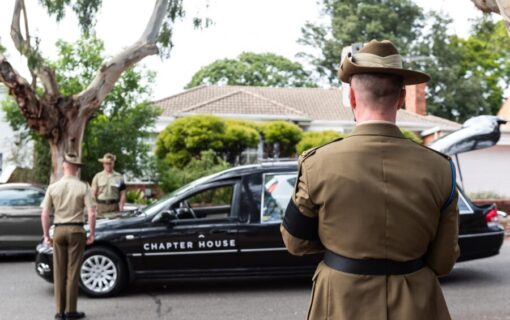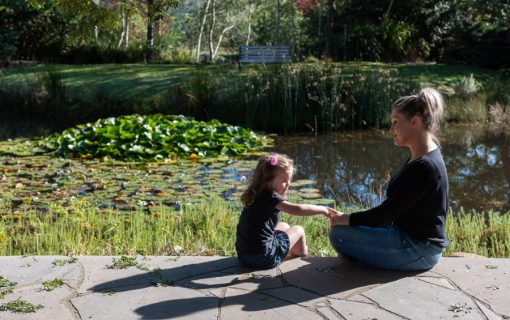Understanding Disenfranchised Grief: When Grieving Goes Unacknowledged
Understanding Disenfranchised Grief: When Grieving Goes Unacknowledged
Introduction
Grief is a common human experience; however, not all individuals receive the necessary recognition and support. Disenfranchised grief, a term coined by psychologist Kenneth Doka, sheds light on the often overlooked and invalidated experiences of loss. In this post, we will delve into the concept of disenfranchised grief, provide examples, and underscore the importance of validating all forms of grief.
Disenfranchised Grief: Definition and Examples
Disenfranchised grief occurs when an individual’s loss is not openly acknowledged or socially supported. This may arise due to the nature of the relationship, specific circumstances surrounding the loss, or societal stigma. For instance, grieving the death of a pet, experiencing a miscarriage, or mourning the end of a non-traditional relationship can all lead to disenfranchised grief.
The Impact of Disenfranchised Grief
One significant challenge associated with disenfranchised grief is the lack of validation and understanding from others. Friends, family members, and even society may fail to recognize the significance of the loss, thereby leaving the griever feeling isolated and misunderstood. Consequently, individuals experiencing disenfranchised grief may struggle to openly mourn their loss and find closure.
Addressing Disenfranchised Grief
It is imperative to acknowledge that all forms of grief are valid and deserving of support. Creating a safe and non-judgmental space for individuals to express their grief is essential in helping them navigate their grief journey.
Reducing Stigma Surrounding Disenfranchised Grief
As a society, we can work towards reducing the stigma surrounding disenfranchised grief by fostering open conversations, challenging societal norms, and providing inclusive support systems. By recognizing and validating all forms of grief, we can create a more compassionate and supportive environment for those who are mourning.
Conclusion
Disenfranchised grief underscores the importance of acknowledging and validating all forms of loss. By understanding the challenges faced by individuals experiencing disenfranchised grief and offering support without judgment, we can foster healing and create a more inclusive community for all mourners. Let us remember that grief knows no bounds, and everyone deserves the space to mourn their loss, irrespective of societal perceptions.

Daffodils at Wooling Hill Memorial Estate

